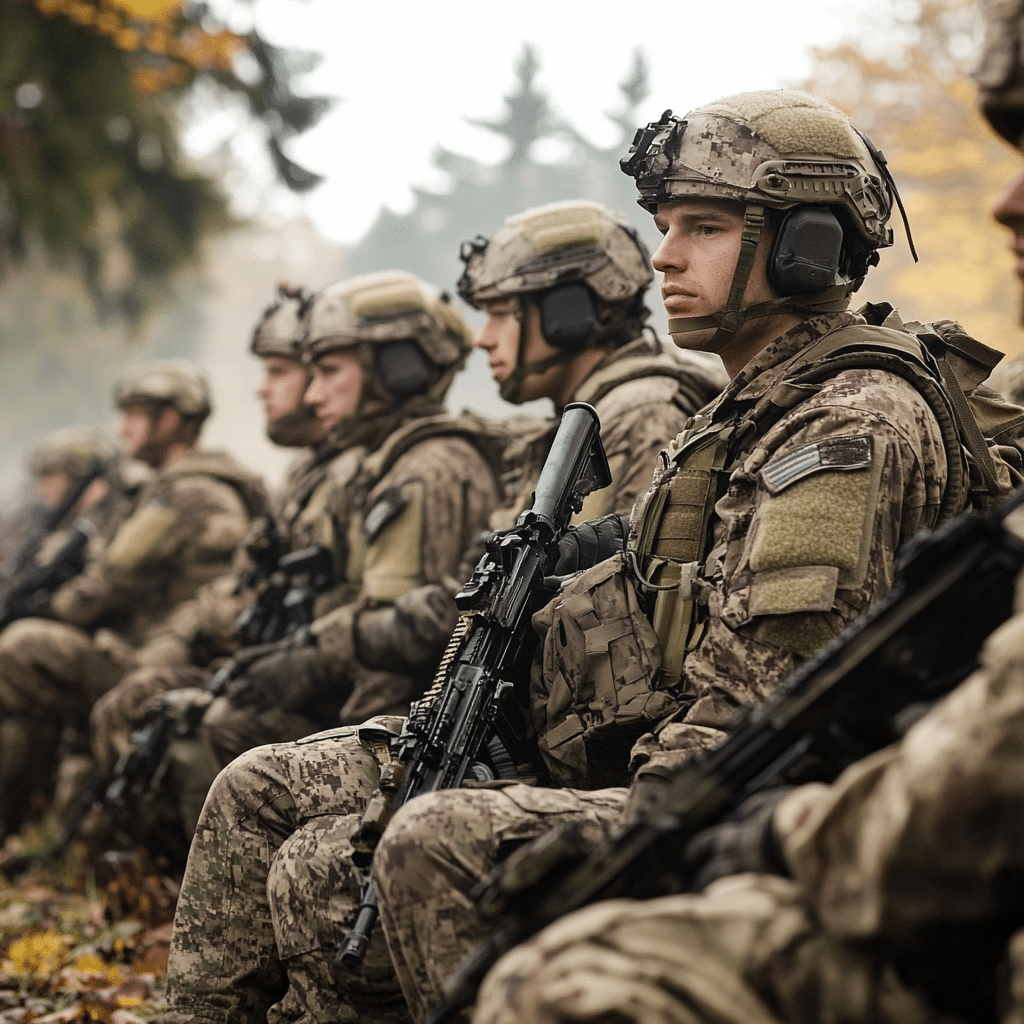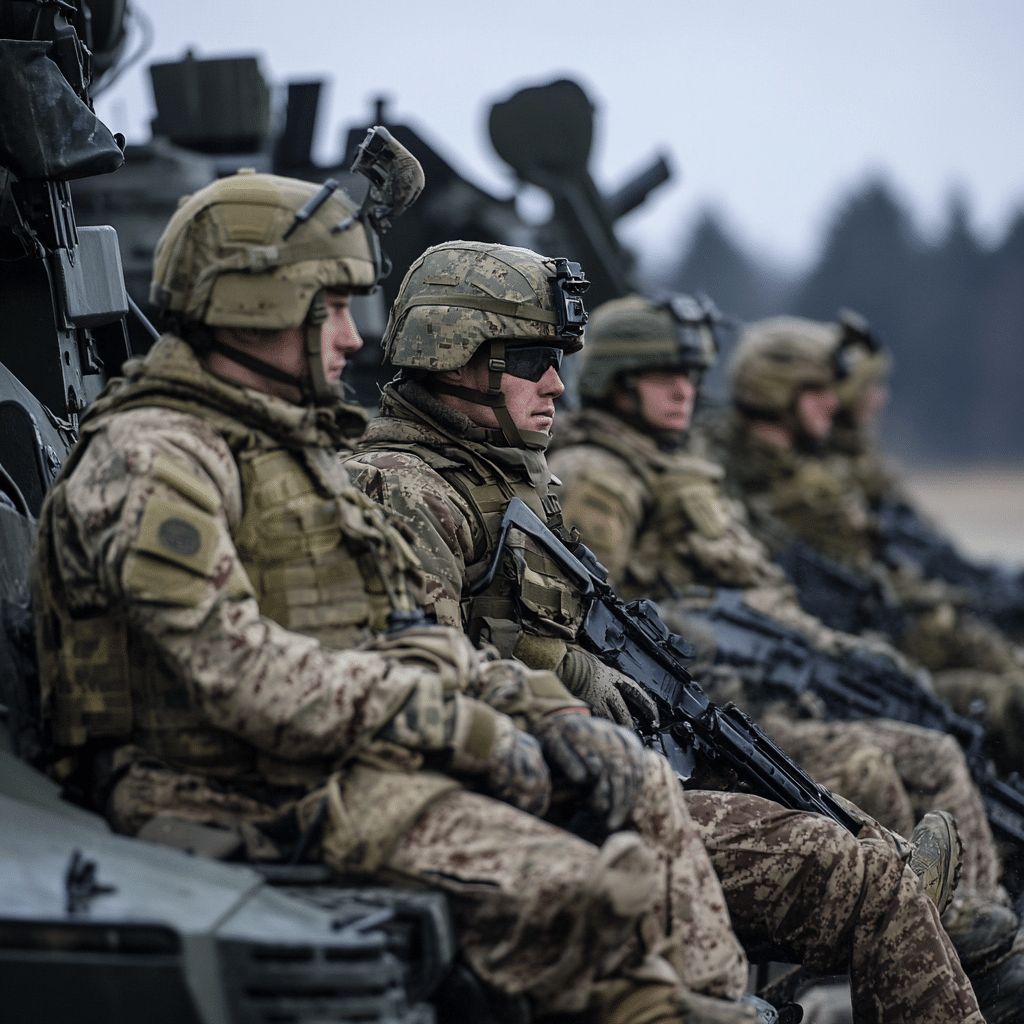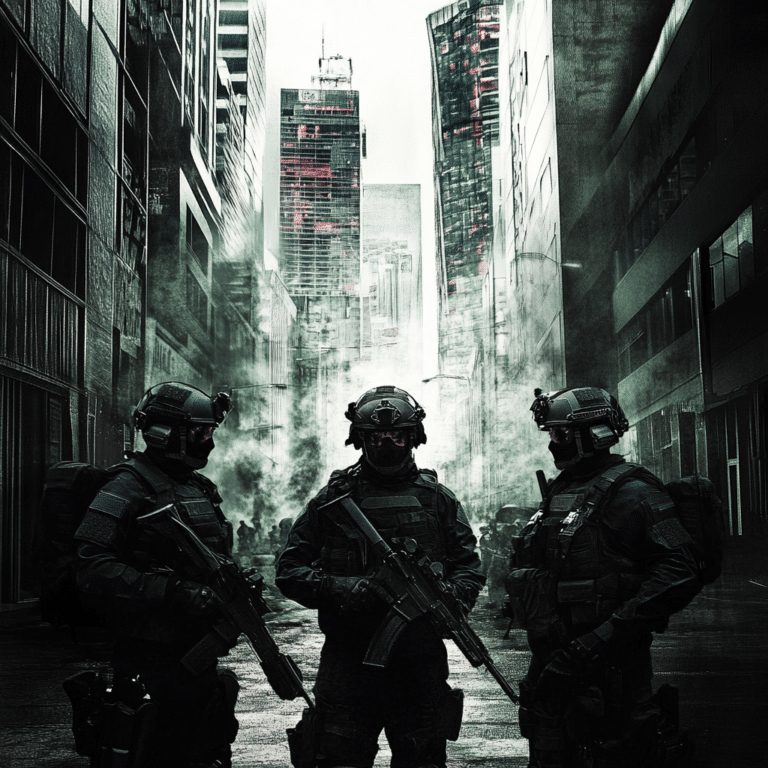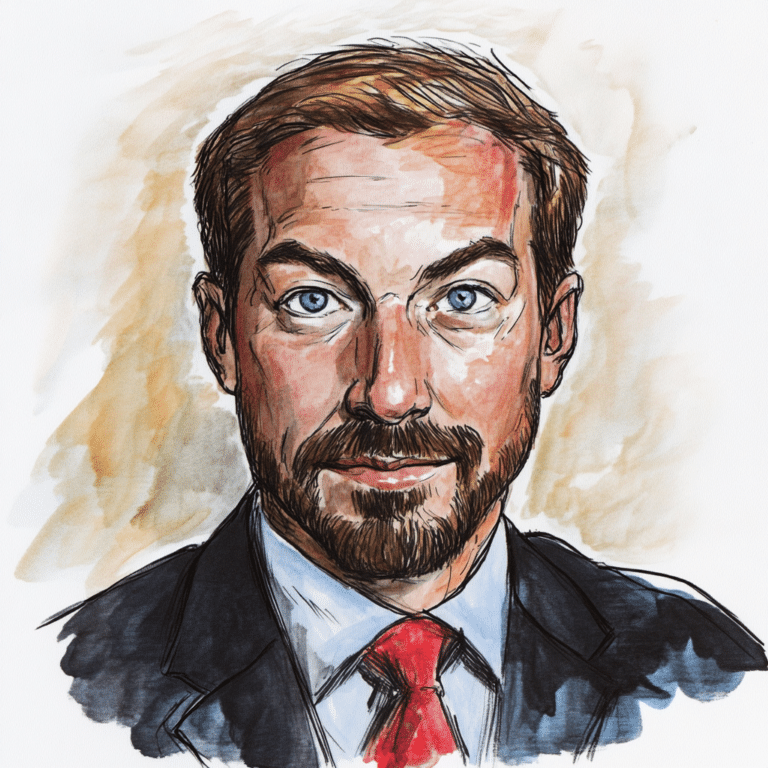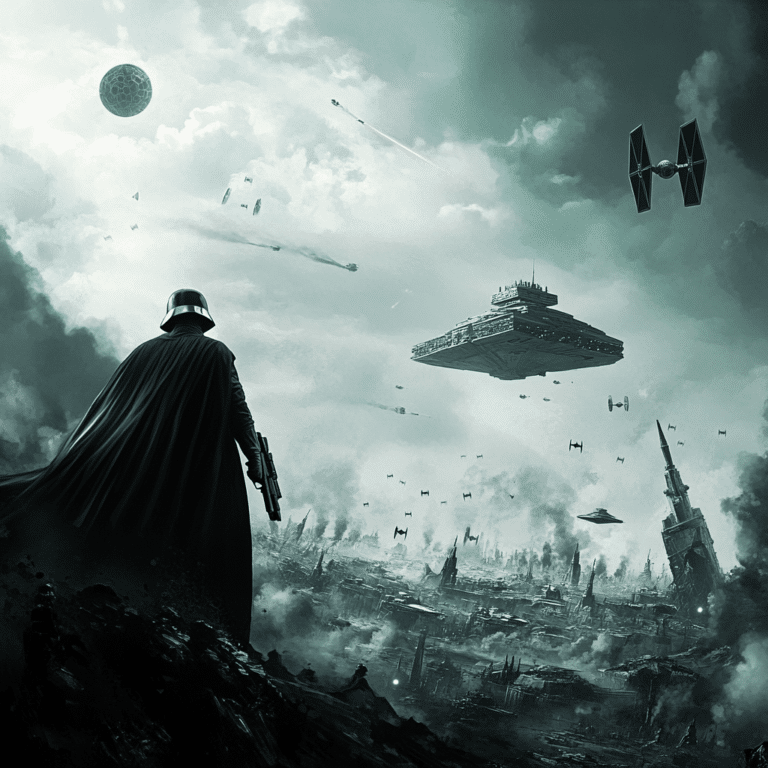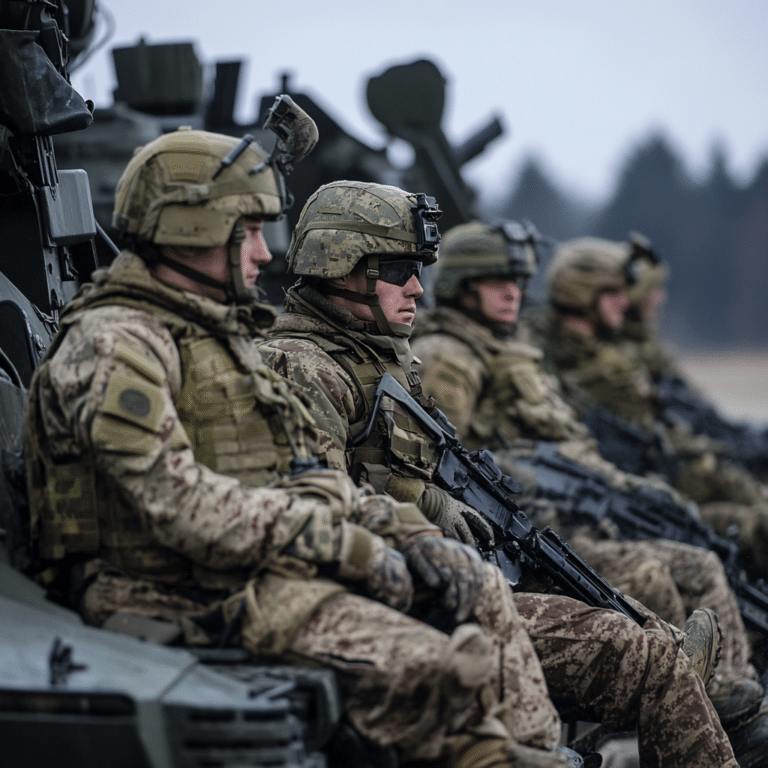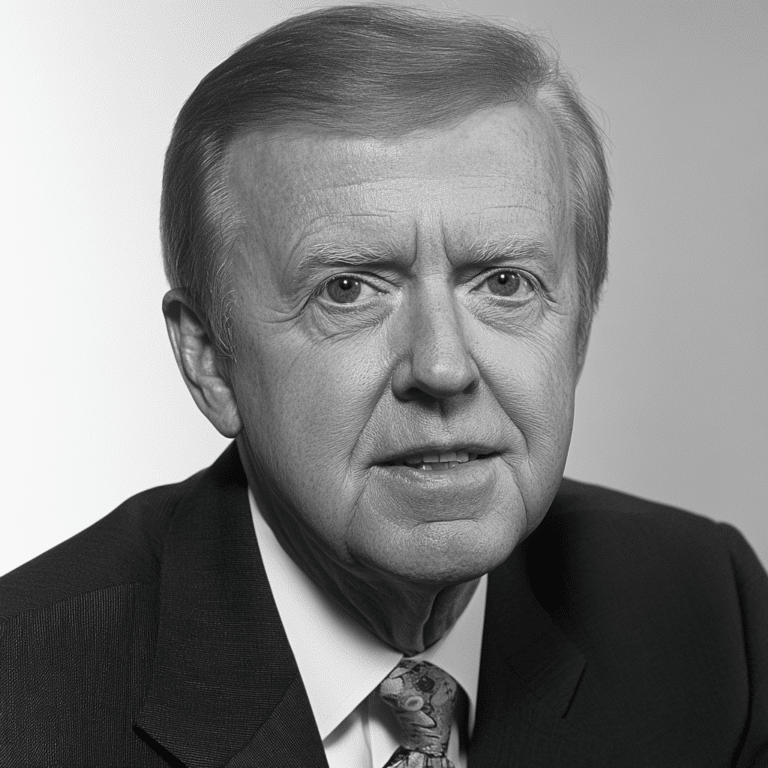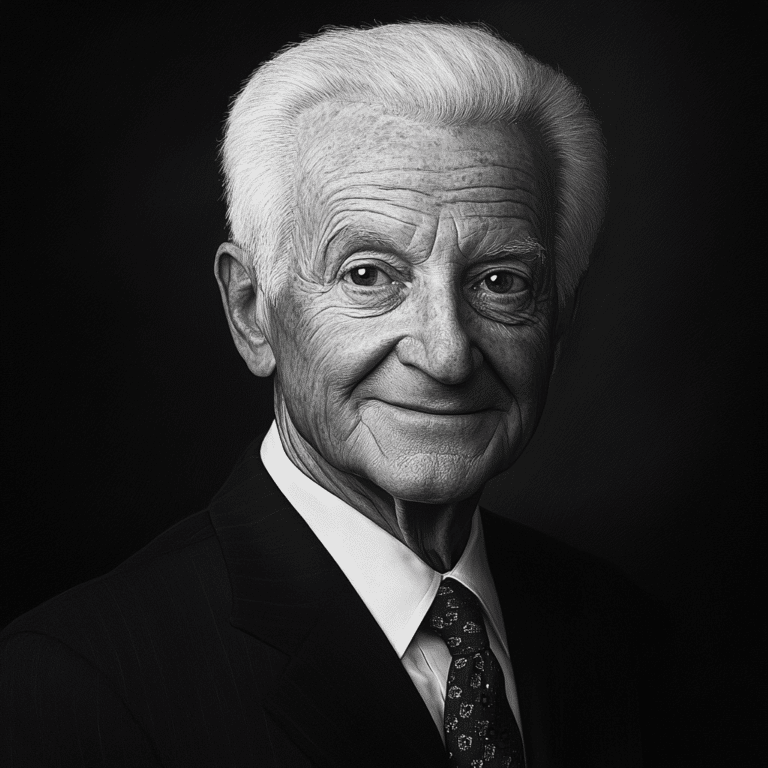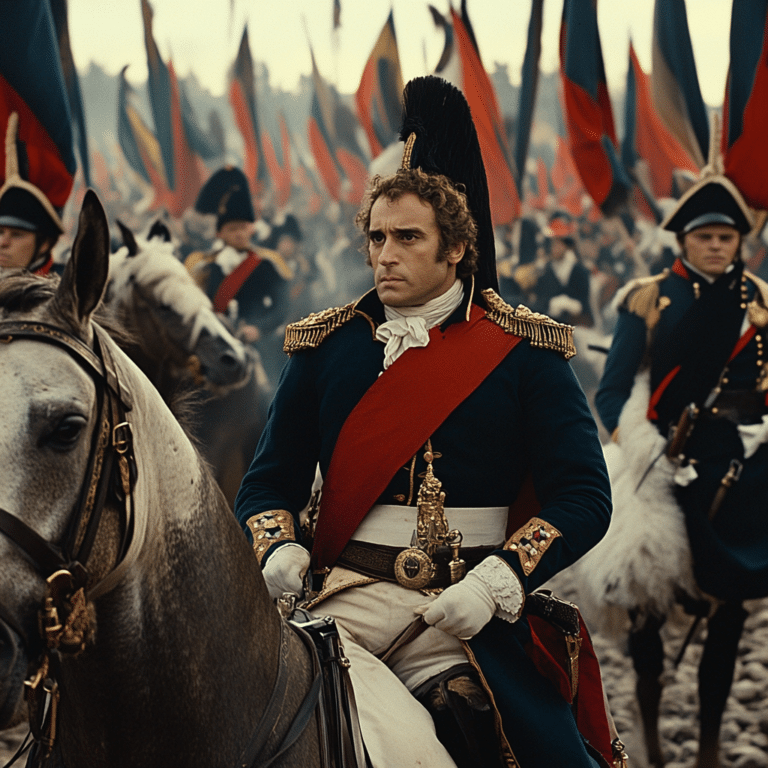As we step into 2024, the latest NATO news reflects a landscape marked by a fundamental shift in global power dynamics. This transformation, spurred by multiple factors, challenges NATO’s strategic positioning and demands urgent adjustments from one of the world’s most significant alliances. The resurgence of authoritarian regimes, led by countries like Russia and China, combined with the ever-growing threat of cyber warfare, reshapes how nations collaborate to maintain peace and security. In these rapidly changing times, it’s imperative that we understand the critical drivers influencing NATO’s evolving role.
Understanding the Shift: Key Drivers in Global Power Dynamics
Resurgence of Authoritarianism
The resurgence of authoritarianism cannot be ignored. Countries like Russia, with its belligerent actions in Ukraine, continue to challenge international norms through military interventions and aggressive foreign policy. This has reinforced the significance of NATO as a defensive bulwark for nations striving for democratic governance. Russia’s recent aggression emphasizes the urgent need for NATO to step up its collective security efforts.
China’s Rising Influence
The rise of China as a global superpower is no small feat. Through initiatives like the Belt and Road Initiative (BRI), China attempts to extend its influence across Asia, Europe, and Africa, naturally challenging NATO’s historical sway. China’s ability to invest heavily in infrastructure projects across continents poses strategic risks. In response, NATO needs to reassess traditional alliances and explore new collaborations to counter this growing threat effectively.
Cyber Warfare Escalation
Perhaps the most insidious threat comes from the realm of cyber warfare. Recent cyberattacks on critical infrastructure in NATO member states reveal a pressing need for comprehensive strategies. As countries shift to digital infrastructure, vulnerabilities increase. NATO’s recognition of this threat showcases its commitment to modernizing defense strategies to include robust cyber defense frameworks.
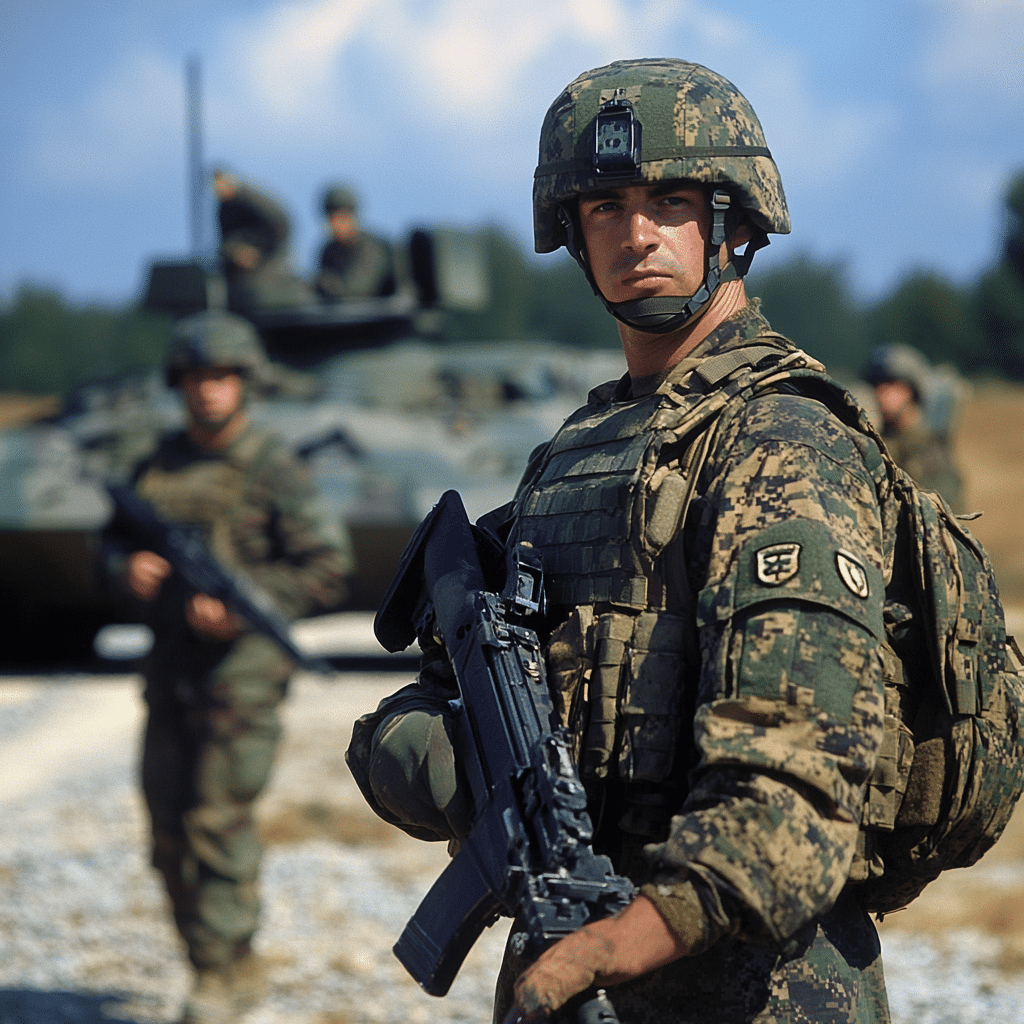
NATO News: Top 5 Responses to Shifting Power Dynamics
In light of these shifting dynamics, NATO is not standing still. The alliance has taken significant steps to adapt and maintain its relevance.
The Role of NATO in the Face of Economic Challenges
The shifting global order also heralds numerous economic challenges. Central to NATO’s mission is the growing scrutiny over defense spending among member nations. The war in Ukraine has prompted many to revisit their military budgets, stirring debates on sustainability and equity in funding.
Balancing Defense Budgets
Countries such as Germany and France are re-evaluating their defense commitments to meet NATO’s guideline of spending 2% of GDP on defense. This is fundamental for collective security, ensuring that all members contribute fairly without undermining their own fiscal health.
Resource Allocation
Efficient resource allocation is more paramount than ever. NATO member nations must prioritize clear threats while also addressing emerging challenges, such as cyber threats and climate change. The pressing need here is to ensure that lines of communication remain open and strategies stay aligned among all members.
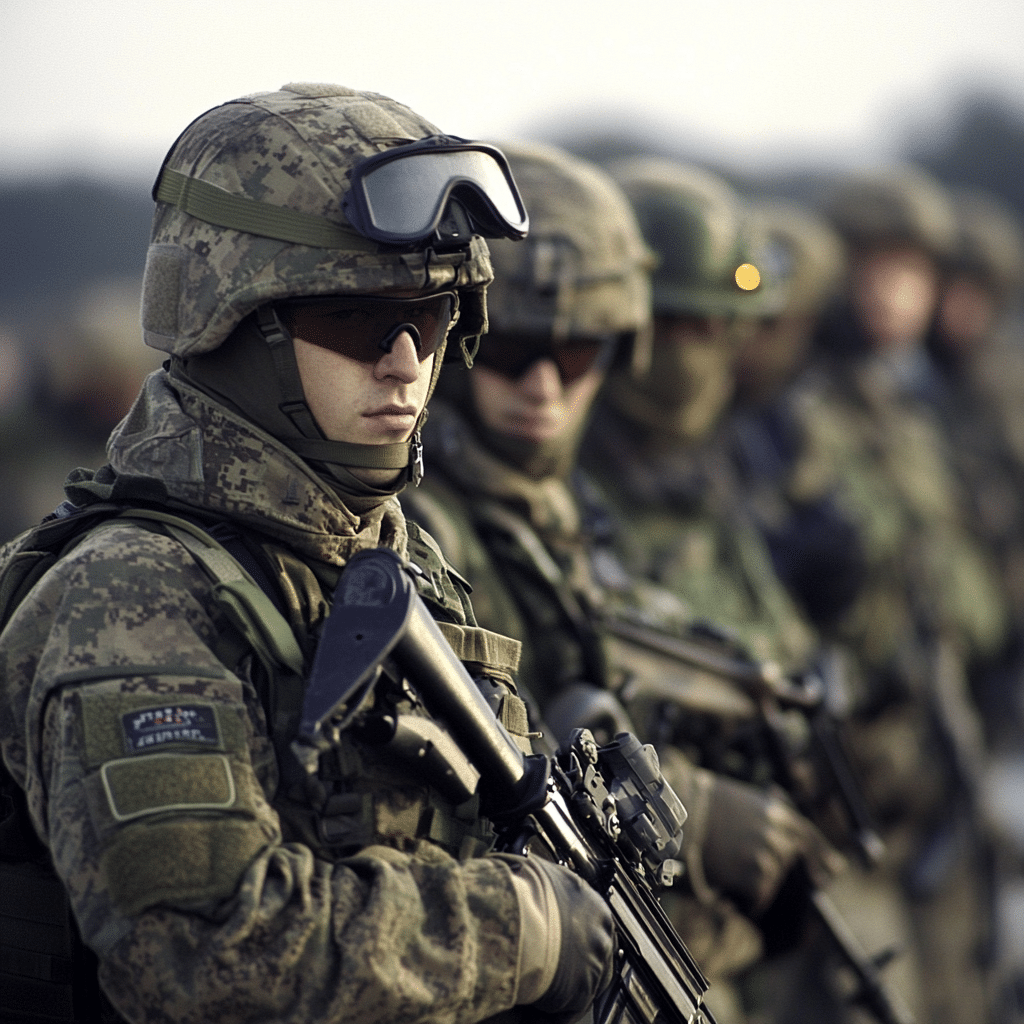
The Future of NATO: Challenges and Opportunities Ahead
As we gaze into the future of NATO, both challenges and opportunities loom large. The alliance’s cohesion and adaptability will be crucial in maintaining its influence in a shifting international landscape.
Integration of New Members
The conversation around new membership is heating up. With Sweden and Finland expressing interest in joining NATO, this could massively shake up traditional dynamics in the Nordic region, expanding NATO’s collective security umbrella.
Cohesion Among Allies
Rising nationalist sentiments within Europe and North America pose concerns about unity among NATO allies. Maintaining collaboration and effective communication is essential for addressing common threats.
Adapting to Non-Traditional Threats
NATO must stay agile. As challenges evolve, the alliance must weave non-traditional threats—like cyber warfare and misinformation campaigns—into its collective defense strategy. This adaptability will be critical for sustaining relevance in a rapidly transforming world.
The shifting power dynamics globally represent a pivotal moment for NATO. Its ability to adapt and meet new challenges will determine its future and influence in international security. Now, more than ever, NATO must exemplify resilience, innovation, and unity in order to uphold stability worldwide. As conservatives, we understand the importance of collective security in protecting not just national interests, but the freedoms that underpin our way of life. In this context, NATO news becomes not just a series of headlines, but a call to action for preserving our freedoms in an increasingly complex world.
The future demands vigilance and commitment. The alliance must be ready to face both familiar and novel threats, ensuring its legacy as a bastion of collective security for years to come. Together, let’s pay close attention to these developments in NATO news and rally to support the values and beliefs that we hold dear as a nation.
Engaging Fun Trivia about NATO News
Fascinating Bits About NATO and Global Influence
As NATO’s position in global politics shifts, there’s plenty of interesting trivia to brush up on. Did you know that NATO was founded in 1949 as a defense response to the growing tensions of the Cold War? It started with 12 member countries, but today it boasts 31 nations. Just like how Eva Longoria has a thriving career that began in humble beginnings—much like NATO’s own journey—this alliance has evolved tremendously while maintaining its core purpose.
Furthermore, speaking of changing times, remember when international relations were simpler? The landscape now includes complexities reminiscent of an intense game of chess. On that note, it’s worth pondering what would happen if cultures and politics clashed like elements from an anime such as “Fairy Tail.” Just as every character has a vital role, each NATO member contributes uniquely to the collective strength, proving that unity in diversity is the way forward.
Shifting Dynamics and Economic Influence
When we talk NATO news today, we can’t ignore the economic angles. For instance, did you ever wonder how military spending by NATO countries impacts global markets? The fluctuations can be as unpredictable as celebrity net worths—take Selena Gomez, whose financial success factors into broader economic discussions. As these nations increase defense budgets, the ripple effects can be seen in industries worldwide, akin to the way artists might use Remote Music mixing Services to bring their visions to life amidst a crowded market.
But it’s not only about economics. The alliance also faces threats that can arise from various corners of the globe. For example, geopolitical shifts in places like Egypt can influence NATO strategies, a reminder of how interconnected our global society has become. Just as we can learn intriguing facts about different countries or historical figures, the ongoing narratives surrounding NATO inform us about the potential for peace and conflict.
In the end, just as we ponder questions like What Did Lou dobbs die From or How Did Aaron hernandez die, examining NATO news today involves acknowledging the past, understanding current dynamics, and preparing for future challenges. The shifts in power dynamics aren’t just news—they’re the stories shaping our world going forward.
